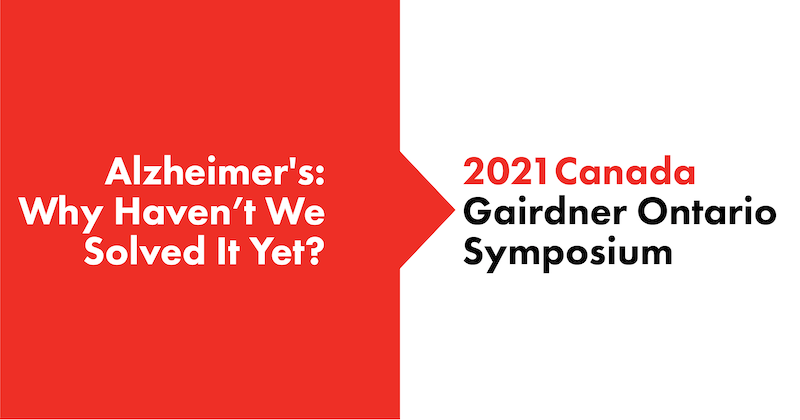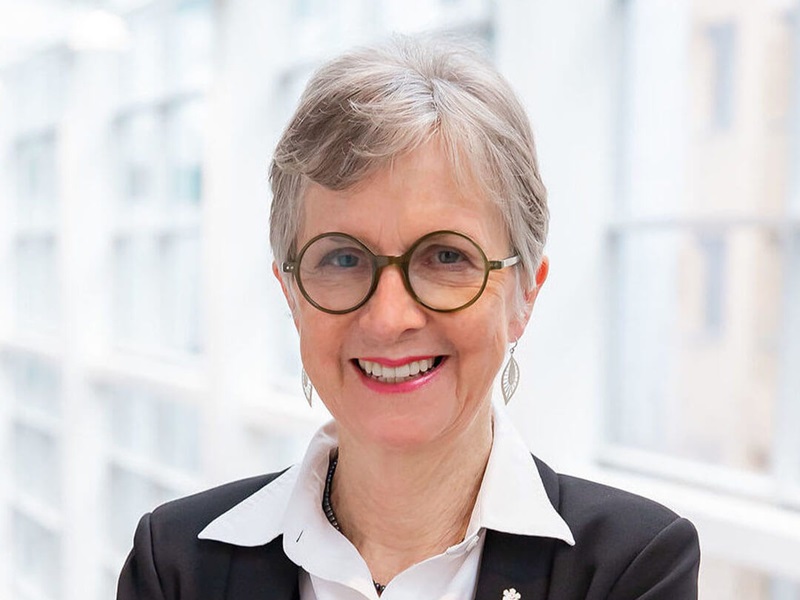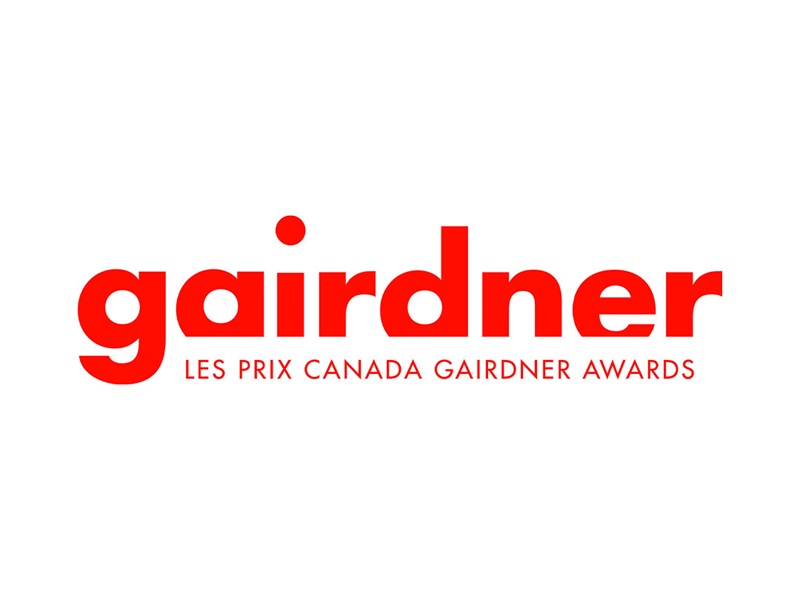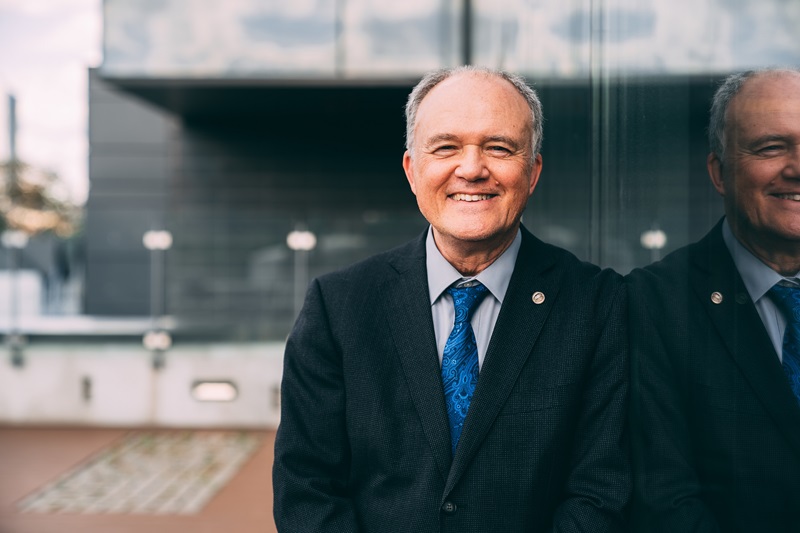Alzheimer’s: Why Haven’t We Solved It Yet?


Co-organized with the Krembil Brain Institute, University Health Network and Johns Hopkins University
There are more than half a million Canadians currently living with dementia, including Alzheimer’s, the most common type of dementia. By 2031, that number is expected to rise to close to a million.
Globally, the numbers are even more shocking. By 2030, an estimated 70+ million people worldwide will be living with Alzheimer’s or a related dementia. Age is a well-known risk factor, but age alone is not a cause of Alzheimer’s, nor is Alzheimer’s a normal part of aging – and it is quickly becoming a global health crisis that we simply can’t afford to ignore.
So, why do we still have more questions than answers when it comes to prevention, new treatments, and ultimately, the ability to prevent its occurrence? This event aims to address those questions and provide answers about the current state of research.
With this unique two-day virtual event, we will focus on making current dementia research accessible for both researchers and the public. We need our communities to be better informed about this disorder and ultimately to act as ambassadors for dementia research. Where there is science, there is hope.
Schedule
DAY 1: 1:00 PM - 5:15 PM EST
| 1:00 – 1:15 pm | Opening Remarks Dr. Janet Rossant, President & Scientific Director, Gairdner Foundation Dr. Bradly Wouters, Executive Vice President, Science and Research, University Health Network |
| 1:15 – 1:55 pm | The Importance of Precision Medicine for the Development of Effective Alzheimer’s Disease Therapies Dr. Barry Greenberg, Johns Hopkins University, Baltimore, Maryland |
| 1:55 – 2:35 pm | Controversies Surrounding the Role of Immunity in Identifying Targets and Treatments for Alzheimer’s Disease Dr. Malú G. Tansey, University of Florida, Florida |
| 2:35 – 2:50 pm | Break |
| 2:50 – 3:30 pm | Brain Health: Curbing Stroke, Heart Disease and Dementia Dr. Vladimir Hachinski, Western University, London, Ontario |
| 3:30 – 4:10 pm | Multi-domain Lifestyle Modifications to Prevent Cognitive Decline:: What We Are Learning from an International Consortium of Studies Dr. Laura Baker, Wake Forest School of Medicine, Winston-Salem, North Carolina |
| 4:10 – 4:25 pm | Break |
| 4:25 – 5:05 pm | Panel A panel discussion will follow the presentation section, during which time our experts will address questions submitted live by attendees. |
| 5:05 – 5:10 pm | Closing Remarks Dr. Barry Greenberg, symposium Co-Chair |
DAY 2: 9:00 AM - 1:15 PM EST
| 9:00 – 9:10 am | Opening Remarks Dr. Janet Rossant, President & Scientific Director, Gairdner Foundation |
| 9:10 – 9:50 am | Frailty as a Risk Factor for Alzheimer’s Dr. Kenneth Rockwood, Dalhousie University, Halifax, Nova Scotia |
| 9:50 – 10:30 am | The Importance of Accounting for Reserve and Resilience in Understanding Alzheimer’s Disease and Its Progression Dr. Sylvie Belleville, Université de Montreal, Québec |
| 10:30 – 10:45 am | Break |
| 10:45 – 11:25 am | The Importance of Diversity and Inclusion in Clinical Studies of Alzheimer’s Disease Dr. Lisa Barnes – Rush University Medical Center, Chicago, Illinois |
| 11:25 – 12:15 pm | Alzheimer’s: Why Haven’t We Solved It Yet? Dr. Donald Weaver, University Health Network, University of Toronto, Ontario |
| 12:15 – 12:30 pm | Break |
| 12:30 – 1:10 pm | Panel A panel discussion will follow the presentation section, during which time our experts will address questions submitted live by attendees. |
| 1:10 – 1:15pm | Closing Remarks Dr. Donald Weaver, symposium Co-Chair |










